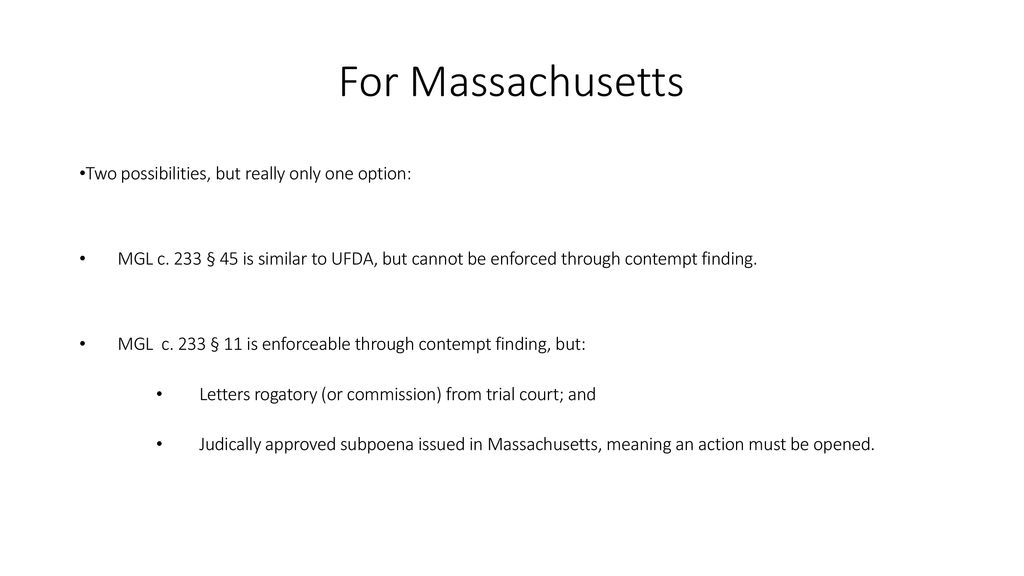The Process Involved in Declaring Letters Rogatory: A Step-by-Step Guide
The Function of Letters Rogatory in International Legislation: Secret Insights
Letters rogatory function as an essential instrument in worldwide legislation, assisting in cross-border lawful aid by permitting jurisdictions to officially ask for proof and activities from each other. Rooted in historic criteria and defined with contracts like the 1970 Hague Convention, these requests are crucial for cultivating global cooperation. Nevertheless, their implementation frequently runs into substantial difficulties, consisting of disparities in step-by-step hold-ups and lawful requirements, which can impede their efficacy. Recognizing the nuances of this process elevates critical questions concerning worldwide collaboration and the possible reforms needed to enhance its reliability. What implications might these obstacles have for future lawful proceedings?
Definition of Letters Rogatory
In the world of international legislation, letters rogatory offer as official demands provided by a court in one territory to seek aid from a court in one more territory. Letters rogatory. These requests are particularly considerable in cross-border lawful procedures, where the enforcement of a court's order or the celebration of evidence may be restrained as a result of jurisdictional constraints

The process usually calls for the requesting court to verbalize the certain details or activity required from the foreign court, adhering to the legal protocols and conventions established between the territories entailed. As soon as issued, the letters rogatory are sent with diplomatic networks, which may consist of consular offices or consulates, to ensure that the demand is recognized and acted on by the foreign court. On the whole, letters rogatory exemplify the participating framework important for reliable international lawful processes.
Historic Context
Although the practice of letters rogatory has ancient origins, its formalization within the framework of global law arised considerably in the 20th century. Historically, such demands for judicial assistance were used in various legal practices, including Roman law, where they promoted cross-border collaboration in lawful issues. The principle acquired renewed interest with the surge of globalization and the enhancing intricacy of global legal communications.
The mid-20th century saw the facility of treaties and conventions that looked for to standardize the procedure of letters rogatory. Especially, the 1970 Hague Convention on the Taking of Evidence Abroad in Business or civil Issues provided a structured strategy, enhancing the effectiveness of these demands - Letters rogatory. This duration noted a shift from informal arrangements to a much more organized structure, which dealt with the difficulties presented by varying nationwide lawful systems
As states became much more interdependent, the demand for reliable devices to gather evidence throughout borders emerged, strengthening the duty of letters rogatory in promoting global cooperation. Today, they remain an important tool for acquiring proof and making certain that justice goes beyond national boundaries, reflecting the progressing nature of global regulation in action to worldwide difficulties.
Process of Issuing Requests
The procedure of releasing letters rogatory typically entails numerous essential actions made to make certain that demands for judicial help are clear, details, and certified with both residential and worldwide lawful criteria. At first, a party looking for support must prepare an official demand that lays out the pertinent truths of the situation, the relief sought, and the particular evidence or testament needed. This paper should be crafted with accuracy to satisfy the legal needs of the jurisdiction in which it will be sent.
Following the prep work of the request, it is sent to the suitable authority, often a court or a marked governmental agency. This authority assesses the request to guarantee it complies with legal criteria and step-by-step norms. As soon as authorized, the demand is transmitted to the international jurisdiction with polite channels.
Upon informative post receipt, the international court assesses the demand's compliance with its regional regulations and practices (Letters rogatory). If approved, it continues to perform the demand, which may include the issuance of subpoenas or the collection of proof. Throughout this process, preserving clear interaction between the requesting and obtaining jurisdictions is essential to make sure successful teamwork and the gratification of the request
Difficulties and Limitations
Obstacles and constraints frequently develop in the procedure of executing letters rogatory, commonly originating from differing legal systems and treatments in between jurisdictions. One considerable barrier is the differing standards of admissibility for evidence, which can result in issues in the approval of documents requested through letters rogatory. Furthermore, the lack of uniformity in legal terminology and meanings can produce misconceptions, making complex interaction in between courts in various nations.
In addition, hold-ups are common due to bureaucratic procedures, as the demand might need to go through multiple layers of legal authorities prior to it is fulfilled. In some circumstances, the asked for territory may lack the required resources or determination to comply, even more impeding the process. Language barriers also add to obstacles, as exact translation of lawful papers is important for making sure that the designated message is communicated without distortion.
Finally, sovereignty issues may emerge, as some states are unwilling to adhere description to requests that they perceive as infringing upon their legal freedom. These difficulties highlight the complexities inherent in using letters rogatory, requiring higher harmonization and cooperation amongst worldwide legal systems to boost their performance.

Effect On International Cooperation
Acknowledging the relevance of letters rogatory in promoting global cooperation is critical, as these demands facilitate cross-border legal help and promote collective initiatives in civil and criminal issues. By making it possible for one jurisdiction to officially ask for assistance from another, letters rogatory create an organized lawful structure that boosts the performance of global interaction in between judicial authorities.
Using letters rogatory aids to develop mutual count on and respect among nations, which is important in a progressively interconnected world. They function as a mechanism not only for gathering evidence however likewise for guaranteeing that legal processes are upheld throughout boundaries. This is especially essential in combating global criminal activity, where the lack of ability to safeguard teamwork can weaken justice.
Furthermore, the reliance on letters rogatory can streamline intricate lawful procedures, lowering hold-ups and uncertainties in international examinations. The procedural safeguards inherent in this procedure add to the protection of specific legal rights while assisting in participation amongst states. Eventually, the effect of letters rogatory on worldwide collaboration highlights their function as important devices in the promo of justice, promoting a collaborative spirit that goes beyond national borders and legal systems.
Conclusion
In final thought, letters rogatory offer as a vital instrument in worldwide regulation, facilitating cross-border legal help and participation. The continued development of these systems is crucial for enhancing the effectiveness of worldwide legal procedures, ultimately promoting more powerful cooperation in both criminal and civil issues throughout territories.
Letters rogatory offer as a pivotal instrument in international regulation, facilitating cross-border legal assistance by allowing territories to officially ask for proof and activities from one another.The procedure generally requires the requesting court to articulate the specific information or action required from the international court, sticking to the lawful procedures and conventions developed in between the jurisdictions included. Historically, such requests for judicial assistance were utilized in numerous lawful practices, consisting of Roman regulation, where they helped with cross-border participation go to my site in lawful matters.The process of issuing letters rogatory generally involves numerous essential actions created to make sure that requests for judicial assistance are clear, specific, and certified with both international and residential legal requirements.Additionally, delays are common due to governmental processes, as the request might need to pass through numerous layers of legal authorities prior to it is satisfied.